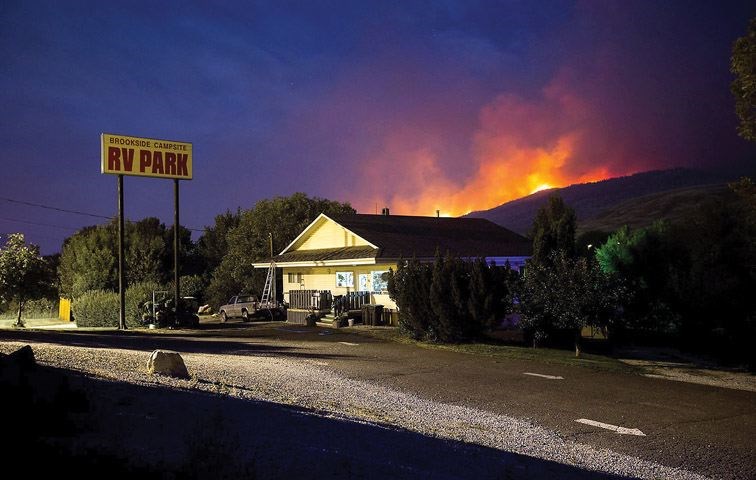A report issued by the Auditor General of B.C. found that regions within northern B.C. have experienced the highest increase in temperatures due to global warming, but have the most gaps in their ability to monitor these changes.
The report, released on Thursday, said that between 1900 and 2013, northern B.C. has warmed between 1.6 and 2 C on average. The average warming for B.C. was 1.4 C during the same period, and the global average was 0.85 C. The report was highly critical of the provincial government's monitoring and adaptation plans and said that the government has not adequately planned a response to the effects of a warming climate.
“Climate change is one of the greatest challenges the world is facing. The B.C. government has a lot of work underway to adapt, but it hasn’t comprehensively assessed the risks the province faces, and doesn’t have a plan to move forward,” said Auditor General Carol Bellringer in a media release.
“B.C. will likely not meet its 2020 emissions reduction target.”
The report also noted that northern B.C. had significant gaps in its climate change monitoring infrastructure.
“Gaps exist in the northern regions of the province – areas with both high rates of development and high rates of warming,” the report said.
“There are gaps in climate monitoring at high elevations. There are also more localized gaps in other regions of the province.”
Improvements to snow, groundwater and hydrometric monitoring are needed to better forecast conditions and prepare mitigation efforts. The report noted that provincial data gathering networks do not meet World Meteorological Organization standards.
The report pointed to challenges in managing risks related to flood, wildfire and drought related to a changing climate. These challenges come at a time when the region is already feeling the effects of climate change. The wildfires during the summer of 2017 burned an area equal to that burned over the previous seven years.
Of the 17 recommendations contained in the report, three focused upon improving wildfire mitigation and response efforts. One recommendation focused upon incorporating climate change research into B.C. wildfire service planning.
The audit was part of an effort by auditors in all provinces to assess the ability of Canada to meet commitments to reduce greenhouse gases and adapt to climate change.



